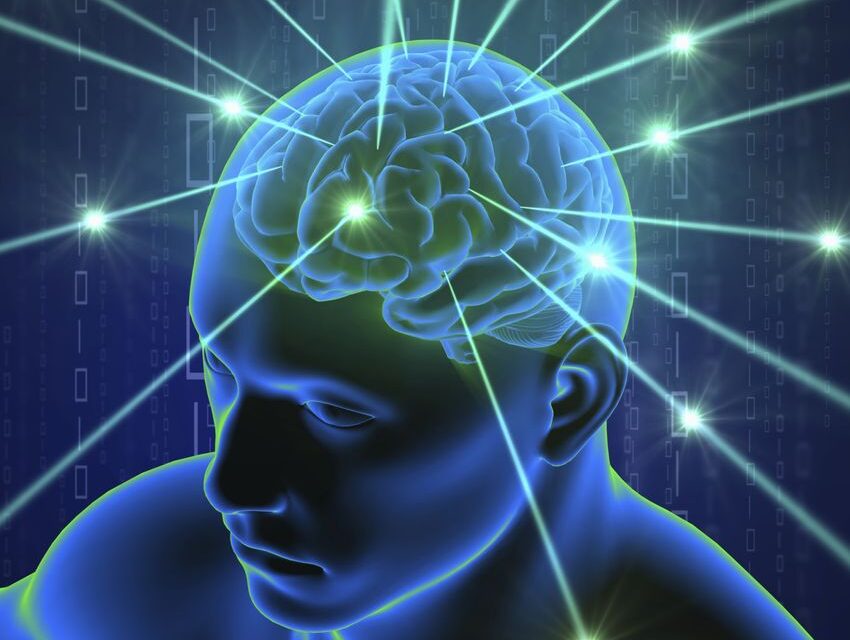In a groundbreaking study published in the prestigious journal Neuron, researchers led by Professor Sika Zheng from the University of California, Riverside, have shed light on the intricate molecular mechanisms governing brain development and its connection to a fundamental RNA decay process known as Nonsense-mediated RNA decay (NMD).
NMD, a highly conserved mechanism across species, acts as a quality control system for messenger RNAs (mRNAs), the genetic material responsible for instructing the body on protein synthesis. When mRNAs are potentially defective, NMD steps in to degrade them, ensuring the integrity of protein production. Disruptions to this pathway have long been associated with a myriad of disorders, including neurological conditions, immune diseases, and cancer.
However, the specific enrichment of NMD mutations in neurodevelopmental disorders such as autism and intellectual disability has remained a puzzle until now.
Zheng’s team’s study delved into this mystery, focusing on the role of NMD in regulating brain size and its implications for microcephaly—a condition characterized by an abnormally small head and brain. Their findings, detailed in the paper titled “Epistatic Interactions between NMD and TRP53 Control Progenitor Cell Maintenance and Brain Size,” unveil the critical importance of maintaining proper NMD function for early brain development to prevent microcephaly.
Moreover, the research highlights the potential of modulating NMD targets as a promising avenue for treating microcephaly and related neurodevelopmental diseases.
One of the most significant revelations from the study is the elucidation of the functional roles of NMD in brain development and its underlying mechanistic action. For the first time, the research establishes a direct link between mRNA decay regulation and the control of brain size, providing valuable insights into the complex processes shaping neural growth.
Furthermore, the study uncovers an intricate connection between NMD and the renowned tumor suppressor gene, p53, suggesting novel avenues for exploring the interplay between NMD dysregulation and cancer development.
The groundbreaking research was made possible with support from grants provided by the National Institutes of Health and the California Institute of Regenerative Medicine. The collaborative effort involved researchers from various institutions, including Liang Chen from the University of Southern California, Chun-Wei Chen from the City of Hope, Gene Yeo from UC San Diego, and their respective labs.
Professor Zheng’s study represents a significant stride forward in understanding the molecular intricacies of brain development and the broader implications for human health and disease. By unraveling the mysteries surrounding NMD’s role in neurodevelopmental disorders, this research paves the way for innovative therapeutic strategies aimed at tackling conditions like microcephaly and related neurological conditions.











